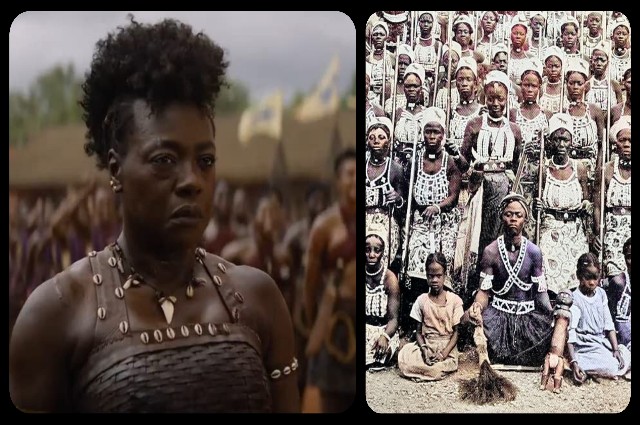Based on the historical account of the African kingdom of Dahomey in the 1800s, the recently released movie “The Woman King” showcases the story of an extraordinary group of all-female warriors called Agojie/Agoji, who defended their kingdom with unmatched abilities and ferocity. These warriors fought in sweat and blood to protect Dahomey, the remains of which can still be found in present-day Benin.
The film portrays the story of Gen. Nanisca, who led the army and prepared the recruits to battle against a foreign foe, determined to destroy their way of life in response to a new threat. The bravery and courage of the Agojie/Agoji warriors serve as a testament to the rich history of the Dahomey kingdom and the strength of its people.
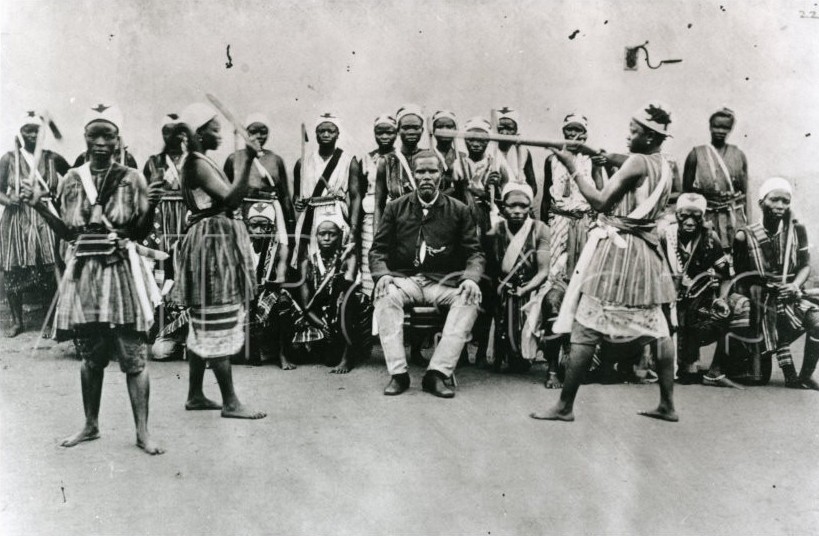
In the recently released film “The Woman King”, the historical account of the African kingdom of Dahomey in the 1800s serves as the foundation. Today, remnants of this kingdom can be found in Benin. The film follows the story of the Agojie, an all-female troop of warriors, who defended Dahomey with unmatched ferocity and abilities, shedding sweat and blood to protect their kingdom.
John Boyega portrays King Ghezo, who reigned in Dahomey from 1818 to 1858 and participated in the Atlantic slave trade until the end of his reign. The film portrays Santo Ferreira, a fictional white slave merchant who speaks Portuguese, as Ghezo’s adversary, played by Hero Fiennes Tiffin.
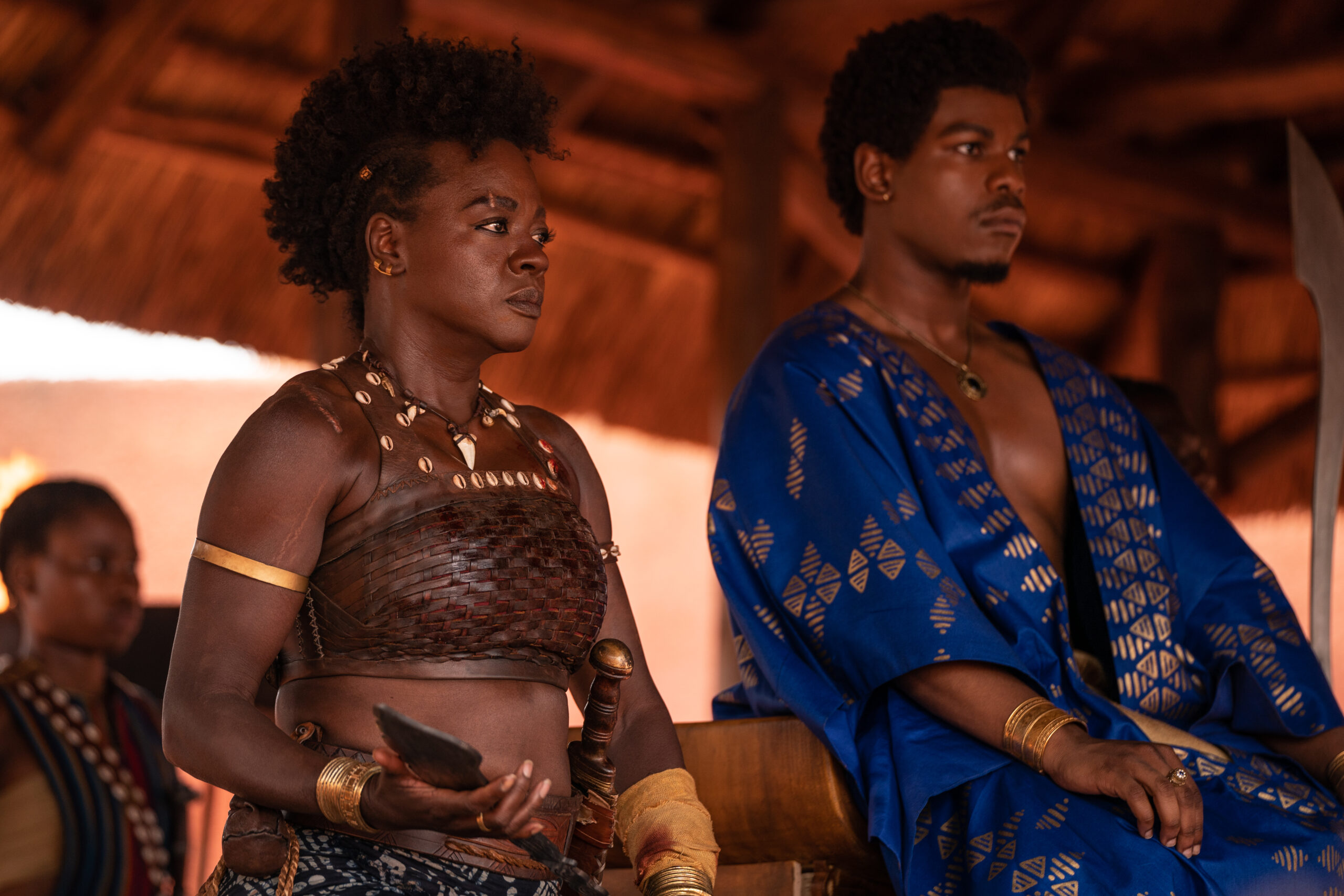
The Agojie women from Dahomey have been featured in both the Marvel comic Black Panther and the 1987 film Cobra Verde. The fearless Dora Milage of Wakanda represents a contemporary depiction of these warrior women, now referred to as “The Woman King” in the new film.
The story reveals that the front-line army warriors of the kingdom of Dahomey were the Dahomey Amazons, who acquired their name from the French who defended themselves in the kingdom of Dahomey. The Agojie were renowned for their ruthlessness and bravery, whether they were battling other nearby tribes or external soldiers.
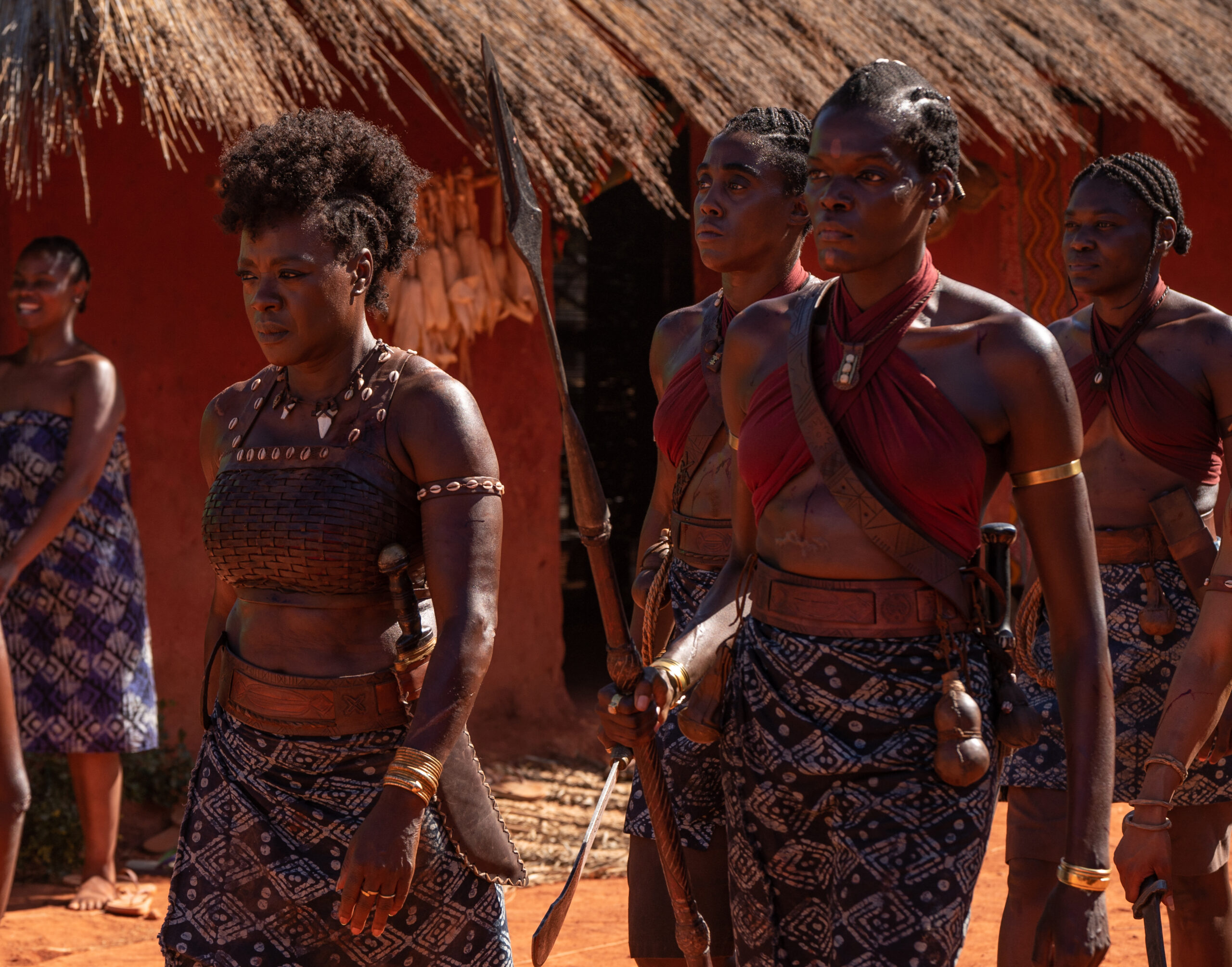
In the recently released film “The Woman King”, the historical account of the African kingdom of Dahomey in the 1800s serves as the foundation. Today, remnants of this kingdom can be found in Benin. The film follows the story of the Agojie, an all-female troop of warriors, who defended Dahomey with unmatched ferocity and abilities, shedding sweat and blood to protect their kingdom.
John Boyega portrays King Ghezo, who reigned in Dahomey from 1818 to 1858 and participated in the Atlantic slave trade until the end of his reign. The film portrays Santo Ferreira, a fictional white slave merchant who speaks Portuguese, as Ghezo’s adversary, played by Hero Fiennes Tiffin.
The Agojie women from Dahomey have been featured in both the Marvel comic Black Panther and the 1987 film Cobra Verde. The fearless Dora Milage of Wakanda represents a contemporary depiction of these warrior women, now referred to as “The Woman King” in the new film.
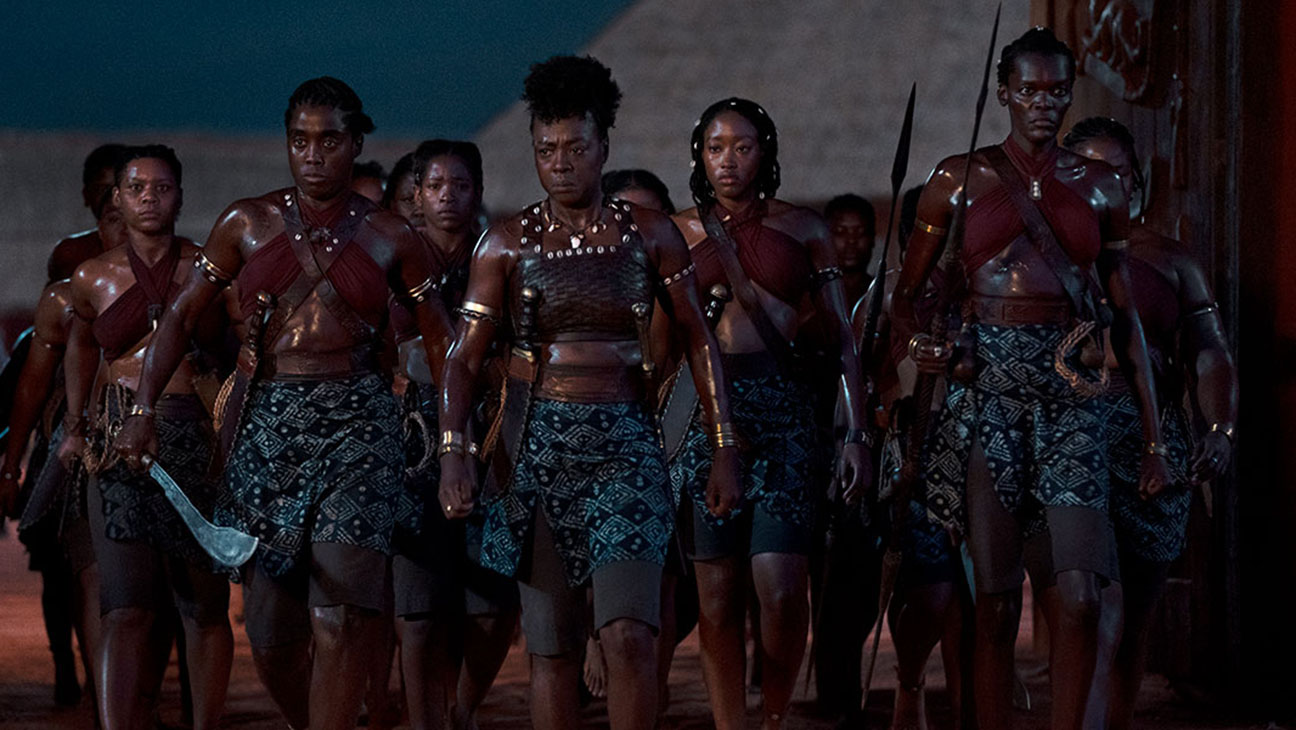
The story reveals that the front-line army warriors of the kingdom of Dahomey were the Dahomey Amazons, who acquired their name from the French who defended themselves in the kingdom of Dahomey. The Agojie were renowned for their ruthlessness and bravery, whether they were battling other nearby tribes or external soldiers.
The Dahomey Kingdom gained prominence in the 1700s after conquering the coastal kingdoms of Allada and Whyda, which were major centers for the slave trade around the Atlantique district of Benin. The kingdom became a hub for the Atlantic Slave Traffic until the British enforced a naval blockade to end the trade in 1852.
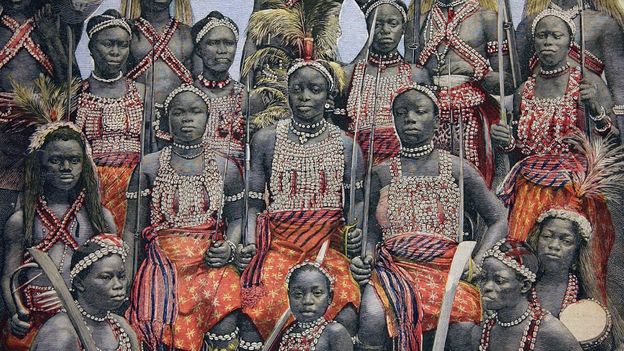
The exact time of formation for the Agoji/Dahomey Amazons army is uncertain, although some historians place it in the 18th century. It is believed that King Houegbadja, who ruled from 1645 to 1685, was the one who first organized the troops.
Initially founded as bodyguards equipped with muskets and deployed as militias to invade neighboring kingdoms, more soldiers were enlisted from foreign captives later, in the 1800s. The Agoji warriors were thought to be made up of the ‘gbeto’ hunters, and they eventually included slaves taken during conquests of nearby settlements.
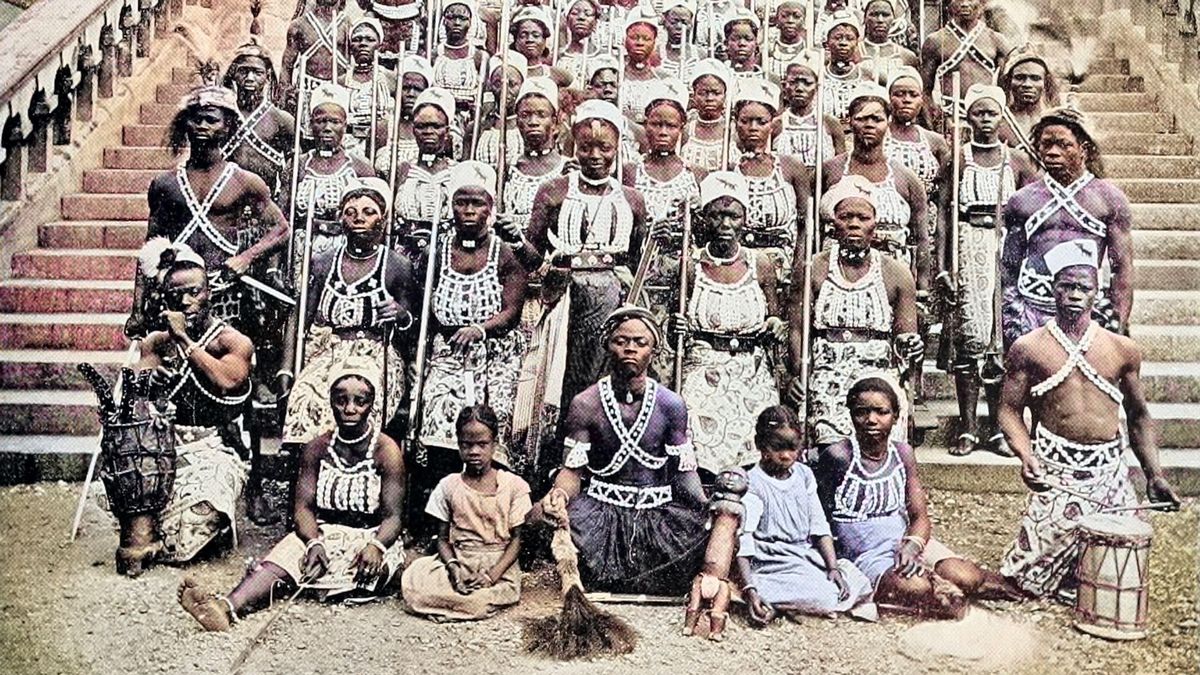
While some women joined the military voluntarily, 8-year-old girls were also believed to have been recruited and given weapons. The female warriors were forbidden from participating in any aspect of family life and were known to take a vow of chastity, pledging allegiance to the king instead of marriage.
The female soldiers enjoyed privileges that their male counterparts did not, such as residing in the monarch’s palace and being permitted to smoke and drink. They were trained to practice hand-to-hand combat with each other regularly and taught survival skills. The emphasis on discipline was constant, and their initiation procedure put their ability to endure pain and death to the test.
For many women, the military training presented an opportunity to ascend to leadership positions and other notable roles. Many of them even became successful, independent single women.
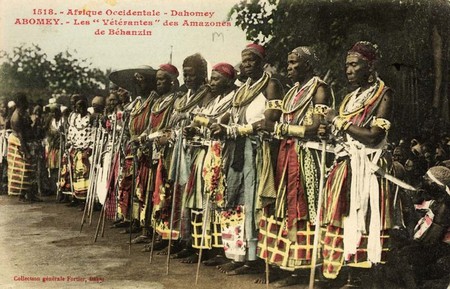
By the mid-19th century, there were between 1,000 and 6,000 female warriors who served as hunters, riflemen, harvesters, archers, and gunners. The Kingdom and its neighbours were constantly at war, and the Agoji women participated in numerous slave raids as the slave trade depended on captives.
In the latter half of the 19th century, Europeans began invading West Africa with greater frequency. The first conflict, known as the Franco-Dahomean War, was instigated by King Behanzin, the 11th and last king of Dahomey. Many Agoji women fought in the war and engaged in hand-to-hand combat to defend themselves. Despite European praise, the Agoji warriors were defeated, and several of them were killed by gunfire.
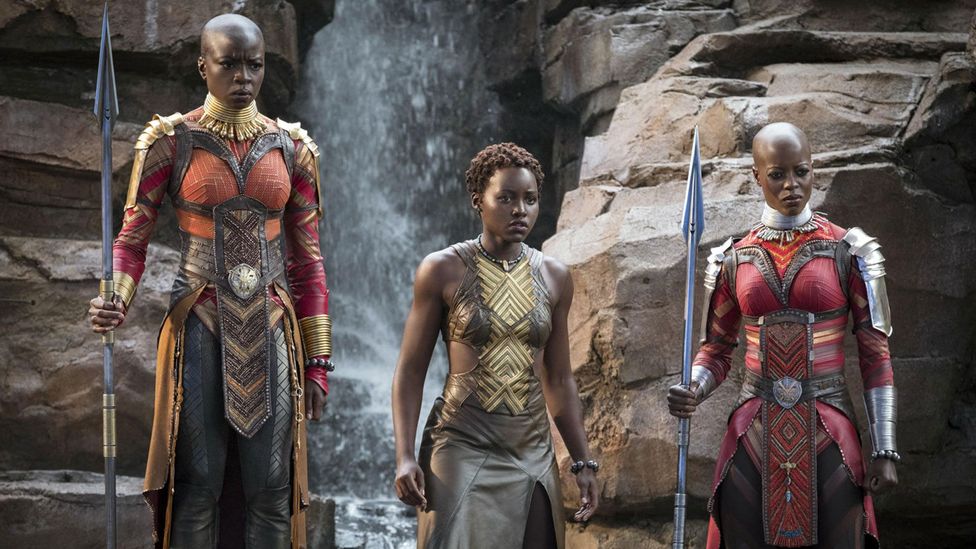
Following the disbandment of the army, the French took over the protection of the kingdom. According to oral tradition, some surviving Agoji warriors posed as wives to King Behanzin’s ancestor, offering their protection. Some of these women started families after getting married. One of the last surviving Agoji women was named Nawi, who reportedly fought against the French in 1978 and passed away in 1979 at the age of over 100 years old.
According to prevailing records, the Agoji fighters remain the only recognized female combatants on the front line in contemporary warfare.
